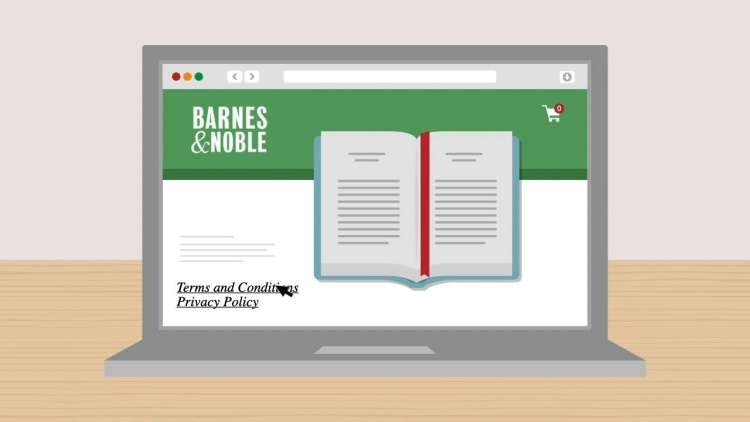Nguyen v. Barnes & Noble, Inc.
United States Court of Appeals for the Ninth Circuit
763 F.3d 1171 (2014)
- Written by Craig Conway, LLM
Facts
Barnes & Noble, Inc. (Barnes & Noble) (defendant), a national bookseller that operated stores and a website for the purchase of books and other items, advertised a “fire sale” of discontinued Hewlett-Packard Touchpad tablets (Touchpads) at a heavily discounted price. Kevin Nguyen (plaintiff) purchased two Touchpads on the Barnes & Noble website and received an emailed confirmation of his purchase. The next day, Nguyen received an email from Barnes & Noble cancelling his order due to unexpectedly high demand. Nguyen filed suit against Barnes & Noble in California state court, alleging deceptive trade practices and false advertising in violation of California and New York law. Barnes & Noble removed the action to federal district court and filed a motion to compel arbitration under the Federal Arbitration Act (FAA). Barnes & Noble argued that Nguyen was bound by the website’s Terms of Use (TOU), which could be viewed if a user clicked on a hyperlink at the bottom of each webpage. The TOU placed website users on notice that they were subject to arbitration if they visited any webpage, created a user account, or made any purchase. Nguyen had not clicked the TOU hyperlink or read the TOU document. The district court denied Barnes & Noble’s motion to compel arbitration. Barnes & Noble appealed.
Rule of Law
Issue
Holding and Reasoning (Noonan, J.)
What to do next…
Here's why 907,000 law students have relied on our case briefs:
- Written by law professors and practitioners, not other law students. 47,100 briefs, keyed to 996 casebooks. Top-notch customer support.
- The right amount of information, includes the facts, issues, rule of law, holding and reasoning, and any concurrences and dissents.
- Access in your classes, works on your mobile and tablet. Massive library of related video lessons and high quality multiple-choice questions.
- Easy to use, uniform format for every case brief. Written in plain English, not in legalese. Our briefs summarize and simplify; they don’t just repeat the court’s language.





